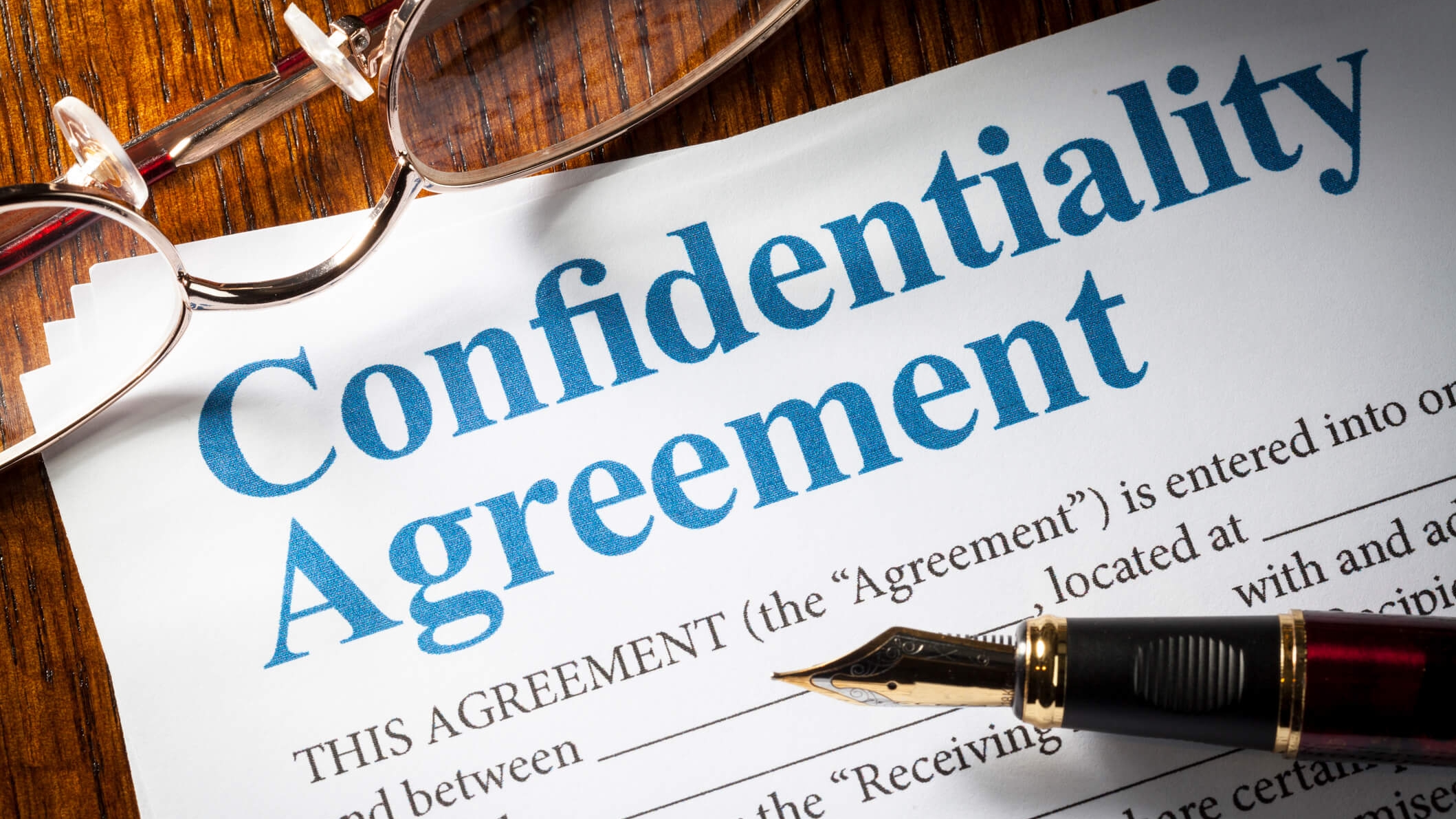
Why should you invest in a Confidentiality Agreement before negotiating a business deal?
In the fast-paced world of business, information is power. Whether you're sharing a ground-breaking idea, discussing a potential partnership, or negotiating a merger, the information you disclose is often the foundation of your competitive advantage. Without proper safeguards, this sensitive information could fall into the wrong hands, jeopardising your business and its future. This is where a well-drafted confidentiality agreement becomes essential.
The cost of not having a Confidentiality Agreement
Imagine pitching your business proposal or sharing your financial data during negotiation talks, only to have it leaked to competitors. These scenarios are not just hypothetical, they occur frequently. Some business owners are hesitant to spend money on confidentiality agreements at the early stages of negotiations, particularly when it is unclear whether the deal has any prospect of eventuating. However, often sensitive information must be shared for the other party to work out whether they are interested in progressing early negotiation talks further. The cost of drafting a robust confidentiality agreement is minimal compared to the potential financial and reputational damage which may result from leaked information.
Key considerations for a strong Confidentiality Agreement
- Definition of Confidential Information
A well-drafted agreement clearly defines what constitutes "confidential information." This may sound obvious, but it is crucial to ensure that the definition is specifically tailored to your business, rather than a inserting a generic “catch all” definition of confidential information. - Purpose of Disclosure
By specifying the purpose for which the information is shared, you can ensure that the receiving party uses it for the intended business discussions only, not for their own gain. - Obligations of the Receiving Party
The agreement should outline the receiving party’s responsibilities, such as maintaining confidentiality, restricting access, and refraining from using the information for competitive purposes. - Exclusions from Confidentiality
To avoid disputes, the agreement should identify what information is not considered confidential, such as publicly available data or information independently developed by the receiving party. - Duration of the Agreement
The duration of confidentiality obligations should align with the nature of your business and industry. For example:
- In technology, obligations might last indefinitely to protect trade secrets.
- In media, the agreement might last until the public release of a project.
- In pharmaceuticals, the duration might align with the lifecycle of a drug patent.
- Return or Destruction of Information
Including provisions for the return or destruction of confidential information ensures that your data doesn’t remain in the hands of the other party once negotiations end. - Legal Remedies for Breach
A well-drafted agreement specifies the consequences of a breach, which can deter violations and provide recourse if they occur. - Jurisdiction and Governing Law
Specifying the jurisdiction and governing law ensures that disputes are resolved in a favourable legal environment.
Conclusion
Before you share your ideas, strategies, or data, you should be asking yourself whether you can afford to lose this information? If the answer is no, then investing in a confidentiality agreement is essential. Protect your business, safeguard your future, and negotiate with confidence by ensuring your sensitive information is secure.
Contact Rachel Canlett on 09 985 2535 or @email, Anthony Kuran on 09 306 0611 or @email, or Andrew Knight on 09 985 2531 or @email
 Skip to main content
Skip to main content